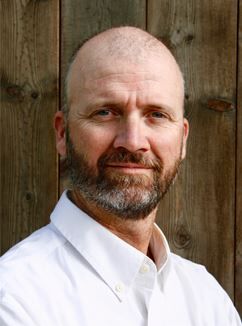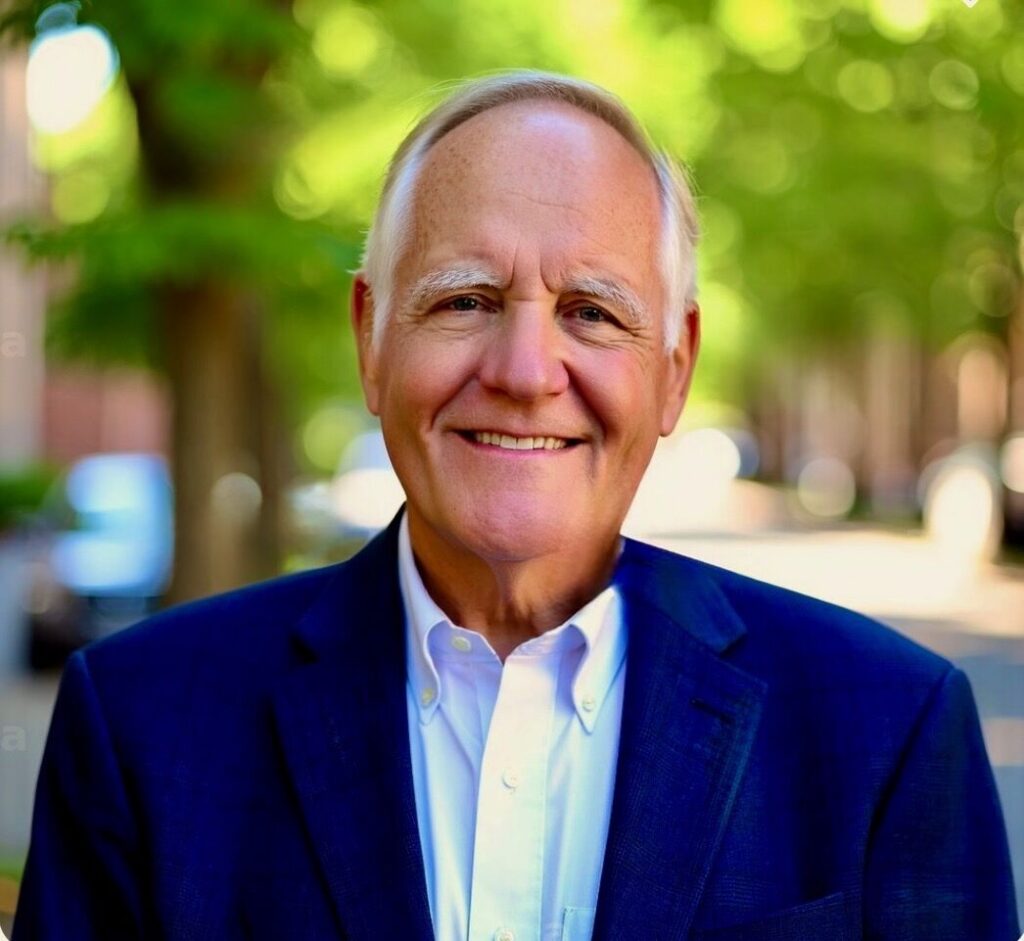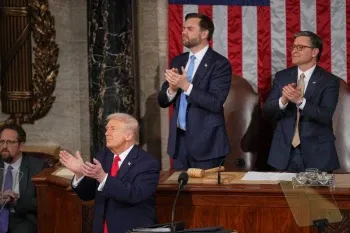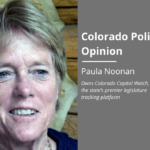A contrasting option to bolster election integrity | SENGENBERGER
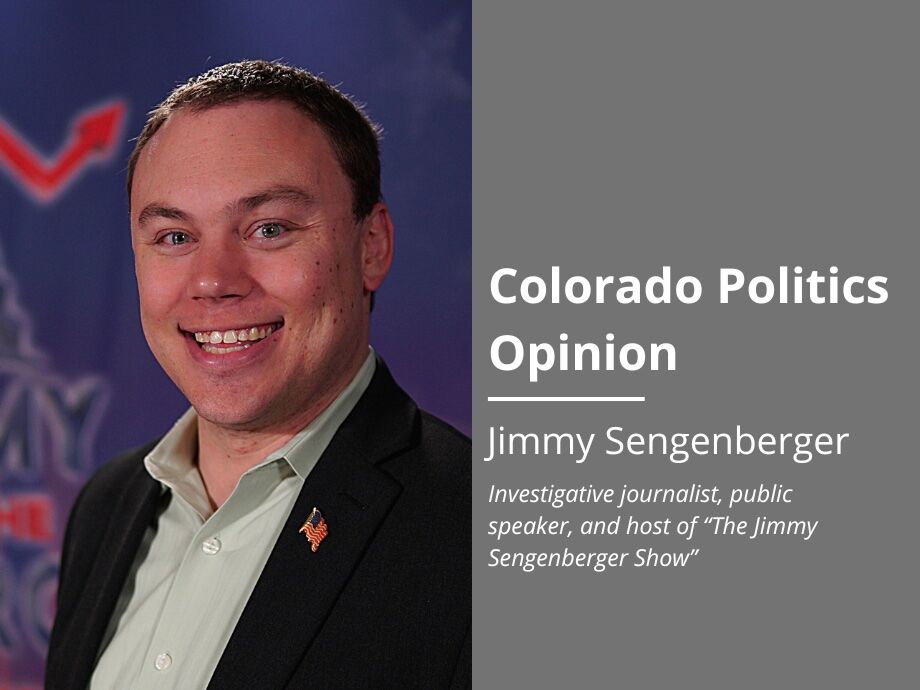

Since Colorado adopted statewide vote-by-mail in 2013, lawmakers and election officials have invested significant time and effort in tinkering with and improving the election system. This has earned our state great praise throughout the country and across the aisle.
This status is something Democrats like Secretary of State Jena Griswold and U.S. Reps. Diana DeGette, Joe Neguse, Jason Crow and Ed Perlmutter have widely touted. And yet, in the previous Congress, all of these Democrats previously supported and/or voted for U.S. House Resolution 1 (HR1) – a sweeping bill that would have federalized elections under the guise of “voting rights.”
“(I)t’s so urgent that we do everything we can to fortify democracy, the right to vote and the future of the nation right now,” Griswold insisted as she pushed HR1 early last year. Read: passing the Democrats’ voting bills was necessary to evade a supposed existential crisis.
Stay up to speed: Sign-up for daily opinion in your inbox Monday-Friday
On the surface, her position was strange, as the legislation would have undercut the very things that make Colorado’s electoral system a model for other states. For example, HR1 would have forbidden voter identification requirements, disregarded restrictions on ballot harvesting and extended the deadline for accepting ballots, among other requirements – all of which conflicts with Colorado’s existing laws and could have increased the risks to the smoothness and security of the process.
At a fundamental level, HR1 would have constrained the flexibility of states like Colorado to improve and strengthen their election systems by imposing a rigid, one-size-fits-all approach – and thereby eradicating Colorado’s ability to maintain our election reputation.
If you sincerely believed Colorado’s election system is a “gold standard,” then why would you want to cede the power to keep improving how we do elections – something our state has done repeatedly over the past decade – to the federal government? It made no sense.
Thankfully, the federal takeover of elections that HR1 represented was thwarted in the U.S. Senate last year. But that doesn’t mean it’s the end of the scheme, as Democrats reportedly intend to introduce new legislation this year.
Fortunately, on Monday, Republicans with the House Committee on House Administration – the committee that oversees federal elections in the U.S. House of Representatives – unveiled an alternative approach: the American Confidence in Elections Act (ACE Act).
When I first saw news about this bill, I bristled at the thought of Republicans advancing their own version of a federal elections takeover. Fortunately, that’s not the case.
Unlike HR1, the ACE Act seeks to modify national election laws without forcing a uniform system upon the 50 states. The bill, Chairman Bryan Steil wrote, is geared toward “equipping states with election integrity tools, implementing election integrity reforms in Washington, D.C., and protecting political speech and donor privacy.” It’s intended to ensure states “maintain primary control over administering elections – not the federal government.”
The bill itself is a breath of fresh air – devoting several pages to reaffirming federalism in the U.S. Constitution, the limits of federal power and the critical role of the states.
“The Constitution reserves to the States the primary authority and the duty to set election legislation and administer elections… and Congress’ power in this space is purely secondary to the States’ power and is to be employed only in the direst of circumstances,” the ACE Act states. “History, precedent, the Framers’ words, debates concerning ratification, the Supreme Court, and the Constitution itself make it exceedingly clear that Congress’ power over elections is not unfettered.”
By recognizing Congress’s limited role in elections, Republicans are offering a welcome contrast to the national takeover of elections envisioned by Griswold et. al. within HR1, in contravention to the Constitution.
When it comes to elections, the ACE Act aims to improve election integrity by establishing a federal forum for states to voluntarily share best practices and experiences without binding them. It grants authority to the Election Assistance Commission for setting election technology standards, bars federal election funds from states that don’t have restrictions on ballot harvesting and provides federal funds for post-election audits – a critical election security feature that was pioneered in Colorado.
The ACE Act addresses concerns about non-citizen voting by requiring federal agencies to share voter data with the states, updating voter ID requirements, and withholding funds from states allowing non-citizen voting in local and state elections – all in a way that won’t disrupt Colorado’s existing election practices. The legislation prohibits private nonprofit funding for elections administration – although this may pose challenges for both urban cities and rural towns if there isn’t a commensurate increase in public funds for elections, which are largely underfunded.
Here’s the key: The ACE Act permits flexibility and choice to the states rather than imposing top-down, compulsory, one-size-fits-all mandates. Though it includes some conditional funding and limitations, the bill largely respects the role of states in election administration and empowers them to make their own decisions within the framework of federal election laws.
By grounding its provisions in the U.S. Constitution and established federal laws, the ACE Act delivers a much-needed contribution to the ongoing national conversation on elections. Unlike HR1, it not only reaffirms our nation’s founding principles, but it strikes a reasonable balance between federal reforms and state autonomy, in turn ensuring the protection of Colorado’s elections. The ACE Act takes an overarching commonsense approach that respects our Constitutional framework and ensures citizens’ voices are heard at the ballot box.
Jimmy Sengenberger is an investigative journalist, public speaker, and host of “The Jimmy Sengenberger Show” Saturdays from 6 a.m. to 9 a.m. on News/Talk 710 KNUS. Reach Jimmy online at JimmySengenberger.com or on Twitter @SengCenter.



